Power of Zero developed the Superpowers program in the Philippines to teach young children the social, emotional and digital literacy they need for growing up in the digital age.
Why we chose the Philippines for our program launch
The Philippines is one of the world’s biggest internet users, ranking third globally. According to the Digital 24 report for the Philippines internet penetration has reached approximately 85 million (73% of the population). A significant portion of these users are children.
The online world provides Filipino children with access to learning, connection and to entertainment. However it also brings its dark side. Its children suffer from some of the highest levels of online bullying across the world (44% of children aged 13-17) and the country was described by UNICEF in 2016 as “the global epicentre of the live-stream sexual abuse trade.”
Many parents monitor their children’s online activities but that still remains largely inconsistent. A study from UNICEF Philippines (2021) showed that while 58% of Filipino parents actively monitor their children’s online activities, many still lack understanding of the risks their children face in the digital environment and carry out this monitoring process in a relaxed nature.
The Superpowers Program
Superpowers is a classroom-based program for young children to help them learn the life skills they need for the digital age. The Superpowers program teaches 12 life skills or Superpowers critical for navigating the complexity of children’s online and off-line lives. Mastering these social and emotional skills at a young age is essential to a child’s ability to learn in school, to make friends and form healthy relationships, and to their success and wellbeing throughout their lives.
The Superpowers program contains 25 lessons with accompanying activity sheets and handouts, the award winning Heroes of Zero animated video series, a teacher handbook and a digital Parenting Handbook. Teachers receive a one day in person training and online learning sessions during the school year. They are supported in providing parents an introductory parent workshop and communications at home explaining the skills that teachers are building in their children. The program culminates in a classroom presentation at which the children show their parents the Superpowers they have learned.
The pilot study by the University of Melbourne
The program was piloted in school year 2023-24 in eleven kindergartens in two regions of the Philippines: Quezon City in Metro Manila and in Batangas, approximately a five hour drive from Manila.
The University of Melbourne’s evaluation of the Superpowers program in the Philippines revealed significant success in building social-emotional skills, digital literacy, and confident parenting. It also showed;
- Improved Social-Emotional Skills: Children showed significant growth in resilience, emotional regulation, kindness, and critical thinking.
- Stronger Character: Increased respect, voice, friendship, and online safety awareness.
- Empowered Teachers & Parents: Greater confidence in guiding children’s digital lives and addressing online challenges.
- Positive Feedback: High satisfaction rates from teachers and parents who found the program informative and engaging.
- Evidence-Based Approach: Rigorous evaluation with multiple data sources supports program’s effectiveness.
- Adaptable & Scalable: Can be tailored to different contexts and expanded to higher grade levels.
- Digital Literacy & Online Safety Focus: Equips children with essential skills for navigating the digital world.
- Holistic Child Development: Promotes a balanced approach that fosters both Social Emotional Learning (SEL) and digital literacy.
Power of Zero completed the pilot of Superpower for Kindergarten in September 2024 and has released it for use in national education programs. It is now developing Superpowers for children in the first years of primary school.
Power of Zero developed and piloted the Superpowers program for the Philippines through the support of the Templeton World Charity Foundation. Its partners in the Philippines were the Philippine Mental Health Association. Research was provided by the University of the Philippines and the University of Melbourne
To learn more about the pilot study watch this short video from the University of Melbourne. Learnings from the superpowers pilot program in the Philippines
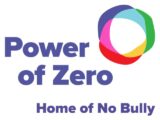
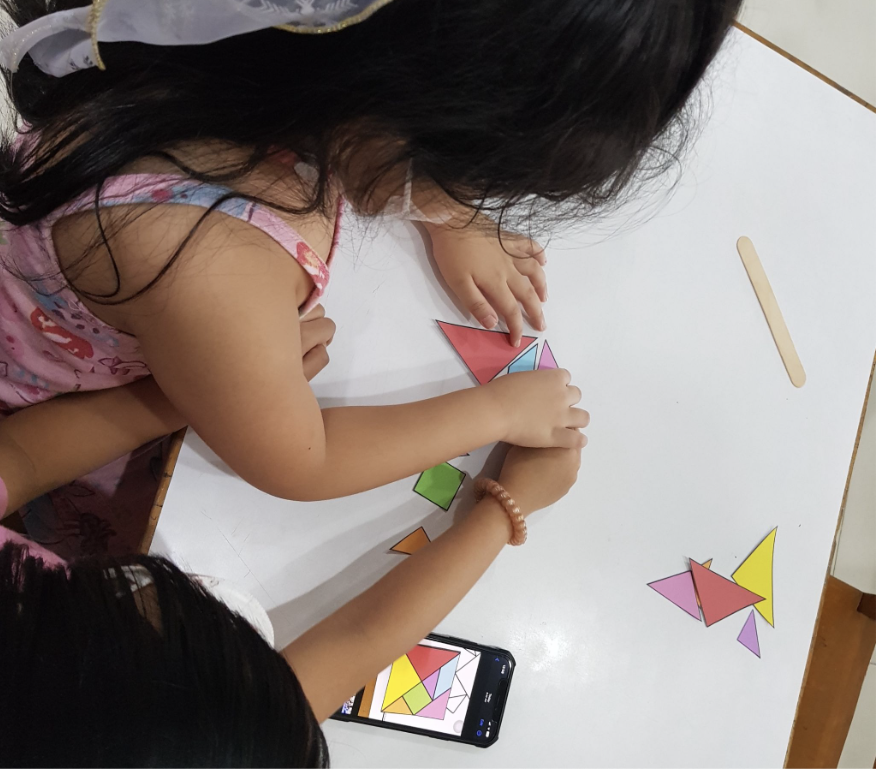
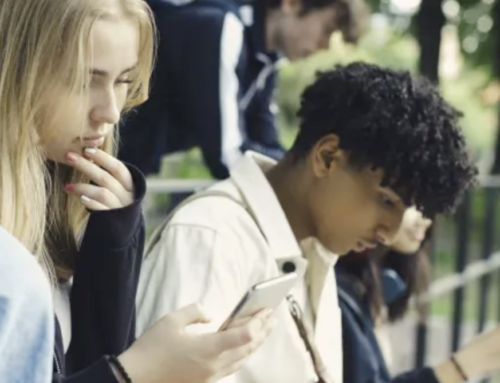
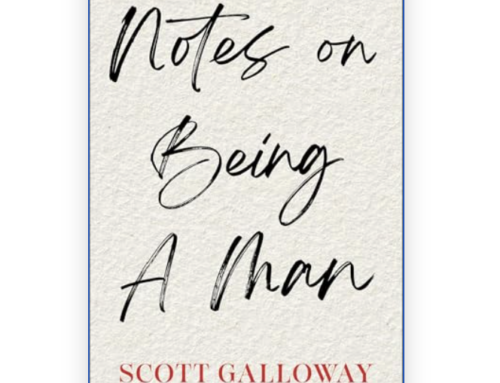
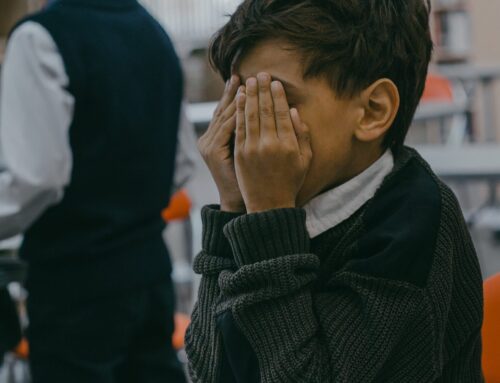

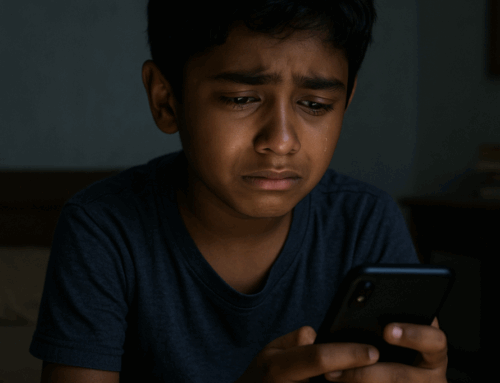
Leave A Comment